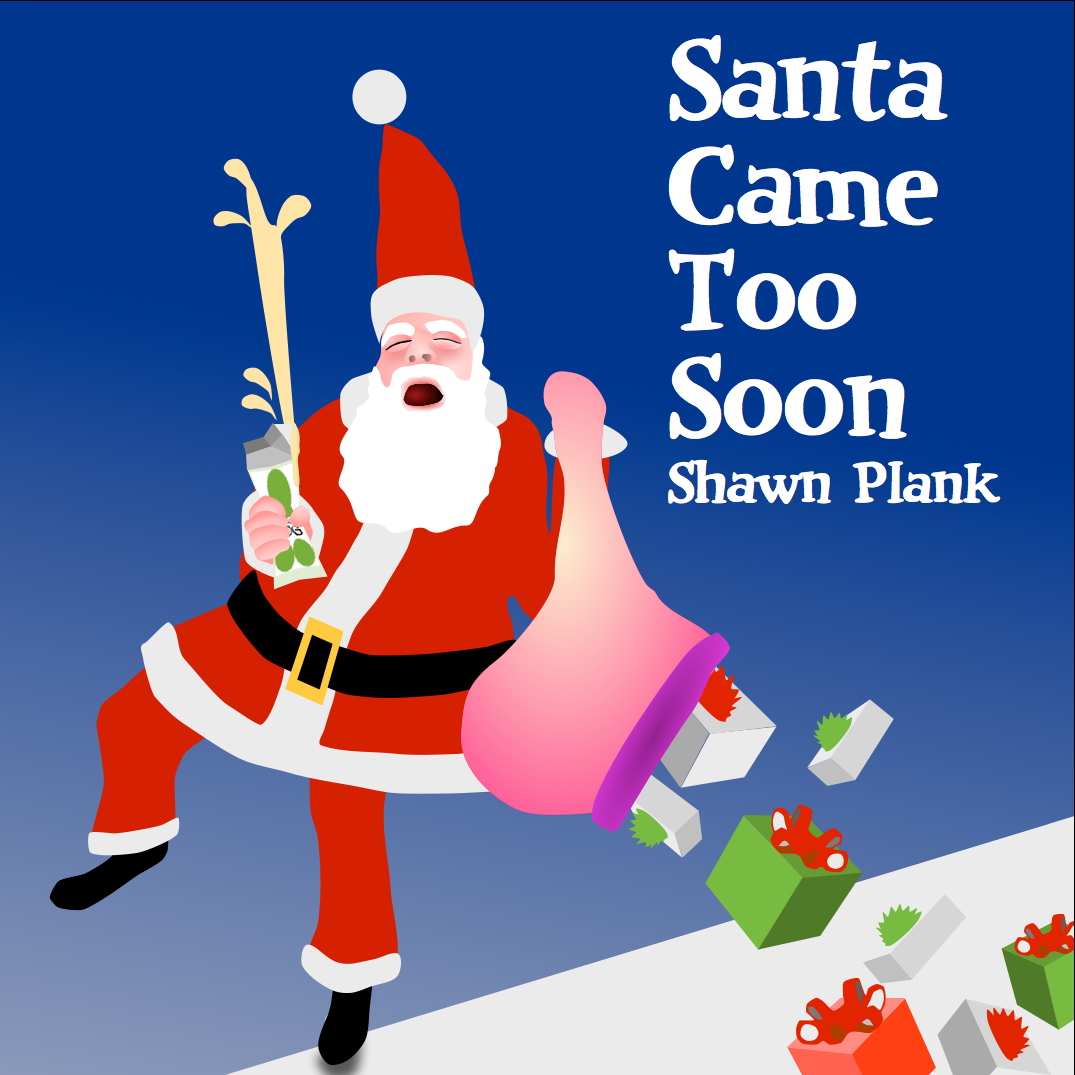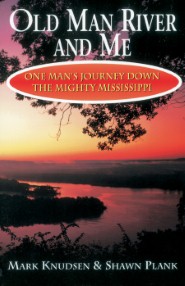Peek, can’t you, into my troubled poetic soul
How I found contentment in a poet’s irritating pretentiousness
I was listening to an interviewer talk with a husband and wife, who both happened to be prominent poets. It was an interview done 25 years earlier and was being played on the occasion of the husband’s death.
I’m not sure why I was listening to it. It was not my cup of tea. Don’t get me wrong, I like a well-paired rhyming couplet as well as the next guy. After all, I’m the guy who wrote a song rhyming “knack for dates” with “ejaculates.” But I lose interest in the deep, meaningful, profound verse these two were peddling. Plus, the wife kept referring to their works as not “POE-ums” but “POE-eems,” with a long “e.”
When I hear poets say “poems” with that long “e,” it just strikes me as though they are doing that to call attention to themselves, to not shun pretentiousness but actively embrace it, to roll in it like a dog rolls in a reeking dead carcass. Sure, it could be a regional pronunciation, no different than someone saying the word “aunt” as “awnt” rather than “ant.” (But it’s probably only pronounced “POE-eems” in the region of Prententia.)
A subject of her poetry was how her poet colleague and husband (who was much older than she) battled cancer and endured its terrible, horrible treatments. It was awful, yet they seemed to so revel in it, able to mine veins of poetry gold in the misery and suffering and despair, that it became somehow exhilarating to them.
I’m sure they didn’t intend it, but that “Hey, cool, you’re dying!” tone struck me as distasteful.
She then casually dropped a word whose only use I can tell is to impress upon someone else how very smart you are. A mannerly person would not want to appear so grandiloquent or magniloquent (such as using the words “grandiloquent” or “magniloquent”), but use modest, humble words that people know.
She not only said the word “piquant,” but pronounced it in a way I don’t find in English dictionaries (such as “PEE-kuhnt” or “pee-KAHNT”), but said it with showy French pronunciation, “PEE-ca,” leaving off the final “t” and seemingly not allowing her tongue to touch any part of her mouth to make the “n” sound, either. It’s almost as if she were talking about the nut—“PEE-cahn.” She may as well have said “cashew.”
She was describing “piquant” topics that inspired her poetry, of interest to her because—as I have since looked up—it means something that is “agreeably pungent or sharp in taste or flavor, or agreeably stimulating, interesting or attractive.” The word has its roots in French and comes from words meaning, “pricking, stimulating or irritating.”
Appropriate because at this point, I was irritated enough to fast forward the recording, to get through this dreck. I moved ahead five minutes. Then another five minutes. I could hear the interview was still going, but I noticed she was not talking. It was just the husband. He was talking about how taking care of her was the most wonderful experience of his life. And how because he was so much older, they always expected she would be a widow for 25 years. They never could have imagined it would be the other way around.
This portion of the recording with just the interviewer and the husband poet was done many years later. The wife, who was prepared to care for her aging, ailing husband, died two years after the first interview of a sudden onset leukemia. She was in her 40s. The husband, 20 years her senior, lived on nearly 25 more years.
This was jarring. It goes without saying that it is terrible and distasteful to say this, but this woman who seemed so disagreeable to me just a few minutes before, was now fascinating to me. Death, of all things, made her interesting.
Now, rather than skip through the interview, I not only went back to where I left off, but started from the beginning again. This now held my entire interest. It was stimulating, like taking a big bite of sharp, pungent, moldy bleu cheese—a little disagreeable but somehow satisfying. And then she said “POE-eem” and I had to cringe and wince, but there was even some sort of strange pleasure in that. And then she said that word.
It was so irritating to me in a somewhat pleasurable way. It was so, so … piquant.




 Shawn Plank
Shawn Plank